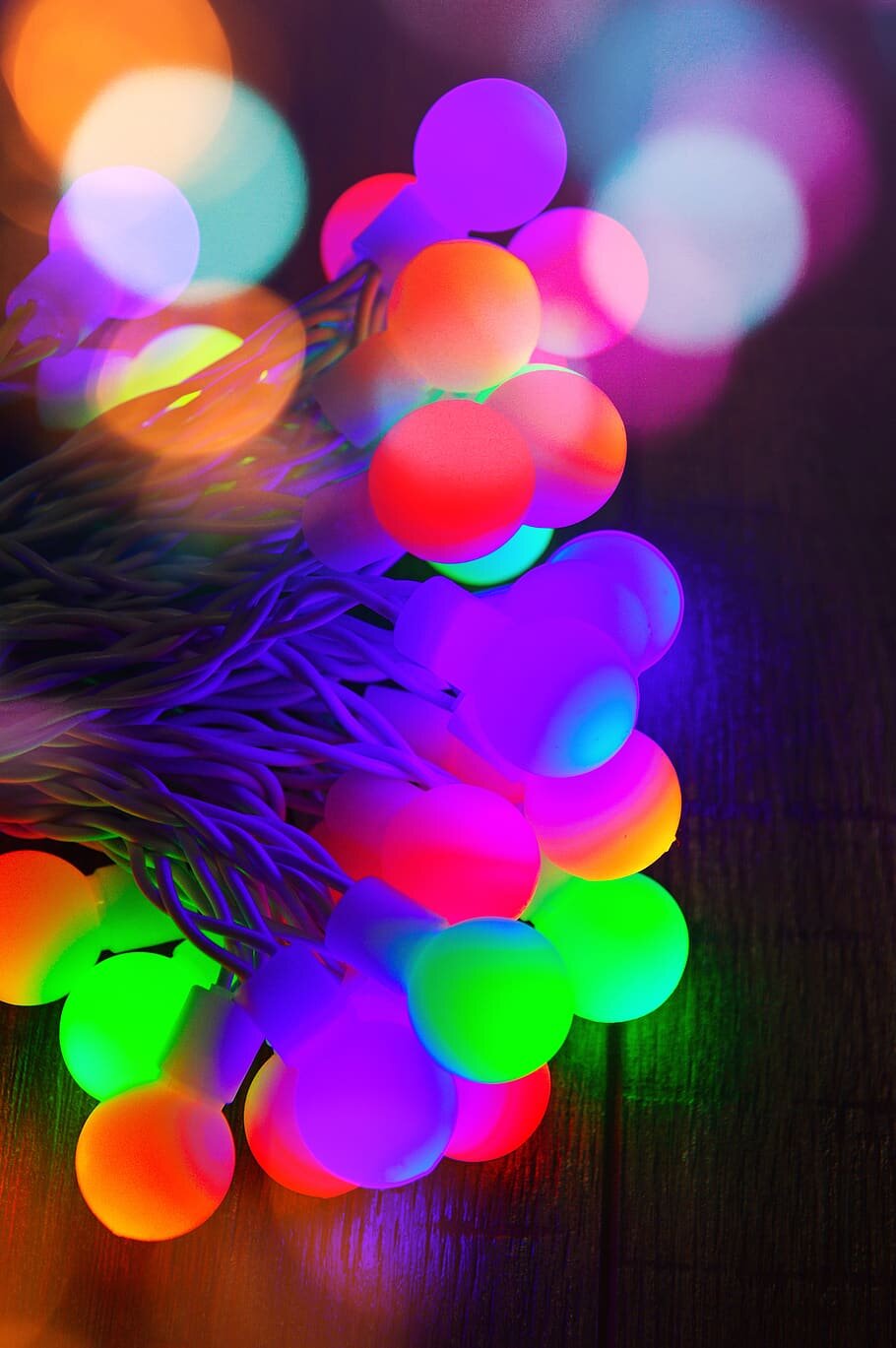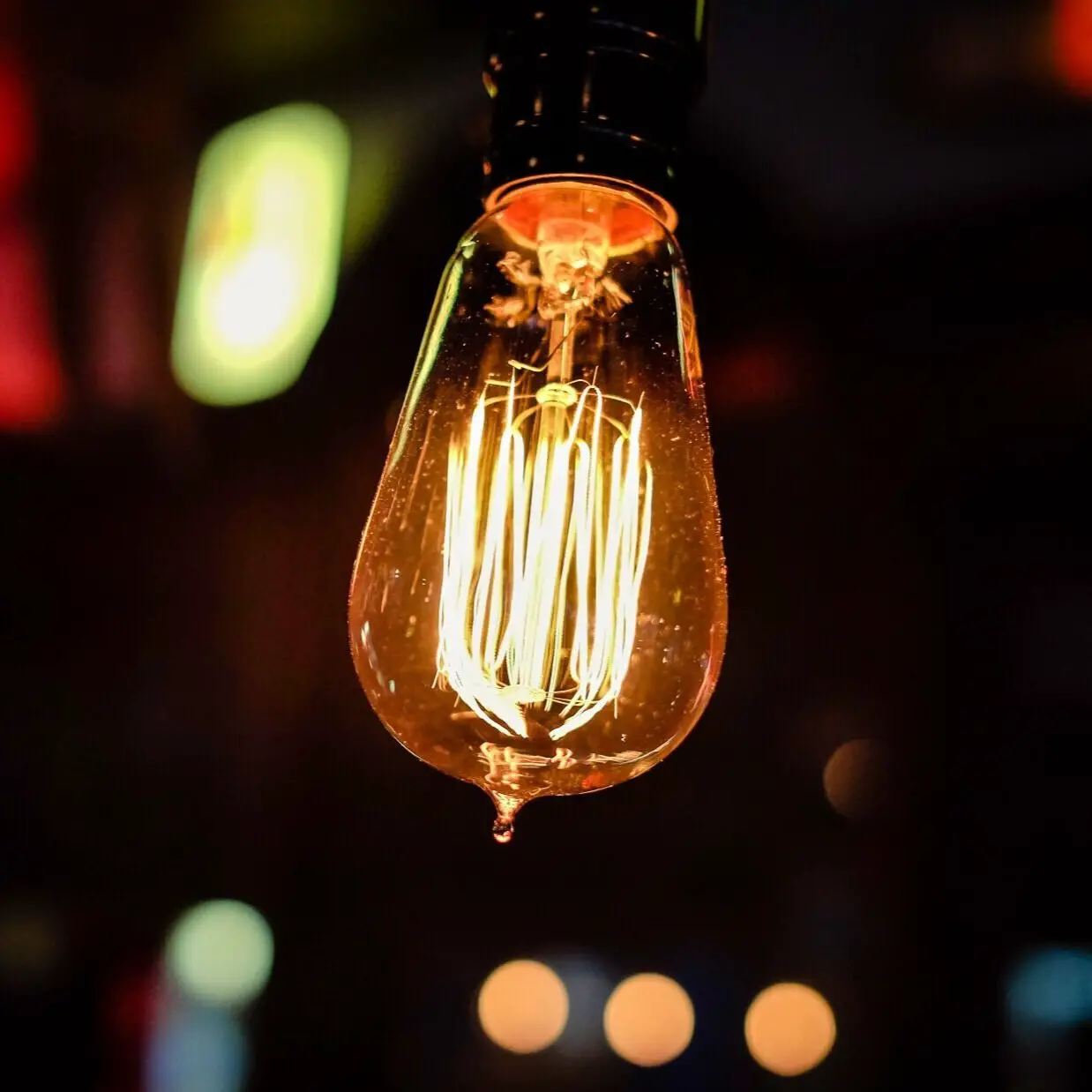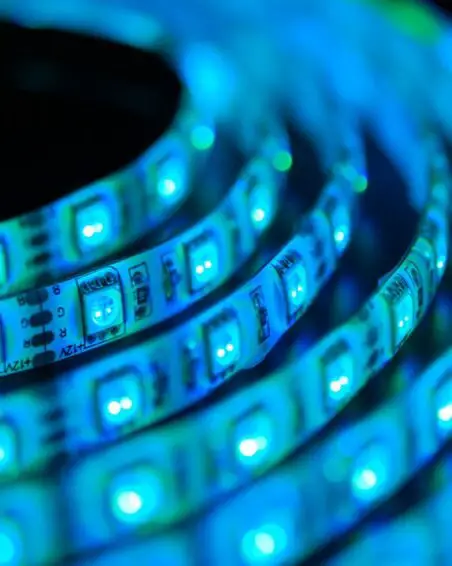How Long Do Smart Lights Last?
Smart lights are one of the newest forms of lighting currently available. These lights can be controlled remotely thanks to them being wirelessly connected to a remote or your cellphone.
While these lights are exciting there are lots of aspects of them which may feel unclear to the average lighting user. One of these aspects would be how long these lights last and how it compares to more traditional light bulbs.
Smart lights last around 25 000 hours on average. Even though smart lighting is built on LED technology which has the potential to last well over 50 000 hours they also have a lot of electronic components within them which may cause them to stop functioning before the actual LED chips would.
Continuing from this we will look at some popular smart lighting listed lifespans and elaborate on why they are set to be what they are.
How Long Do The Most Popular Smart Light Bulbs Last?
In order to give a proper answer to how long smart bulbs last we should look at some popular smart bulbs and see how long the manufacturer claims these bulbs last.
| Popular Smart Bulbs | Marked Life Expectancy |
|---|---|
| Philips Hue A21 E26 100W Colour | 25 000h |
| Philips Hue A19 E26 60W White | 25 000h |
| Wyze Bulb White | 25 000h |
| Wyze Bulb Color | 25 000h |
| Cree A19 Soft White Bulb 60W | 25 000h |
| WiZ Smart Bulb A19 E26 8.8W | 25 000h |
| Bulbrite Standard E26 Color | 25 000h |
| WiZ Smart Bulb Color A19 | 25 000h |
| Yeelight Smart Bulb 1S Color | 25 000h |
| Govee RGBWW Smart LED Bulbs | 25 000h |
| Average Lifespan | 25 000 hours |
These are smart bulbs from some of the most popular companies in the smart lighting market and all of them state a life expectancy for their bulbs have it set at 25 000 hours.
The reason for this is quite simple. Even though the actual LED technology these bulbs are based on can last for well over 50 000 hours it wouldn’t be wise of the manufacturers to state this as the life expectancy.
How Long Does It Take For Smart Bulbs To Burn Out?
As mentioned, the LED technology in smart bulbs could theoretically allow them to last for much longer than 25 000 hours. Does this mean that smart bulbs don’t actually burn out?
In most scenarios regarding smart lights failing it is rare that it’s the light-producing parts of the LED that are at fault. The more common scenario is that some capacitor, signal receiver or other electronic component breaks first.
The LED technology itself potential to produce light even after 100 000 hours. The issue with LEDs that are active for that long loses some of their luminous output.
All LEDs slowly lose their maximum light output over long periods of use. This decay is not really noticeable at first since it normally takes quite a while for the LED to dim that much, but after 50 000 hours it is definitely a noticeable difference in most LEDs.
Click here for a full article on How Long LEDs Actually Last.
How Long Smart Lights Stay Compatible With Its Technology
Another aspect to consider when it comes to how long smart lighting lasts has to do with the technology it is attached to.
As mentioned, smart lighting can be controlled remotely, normally via a specific remote or a cellphone. However, when smart lights are controlled using cellphones you have to consider that as its own risk in terms of the lifespan.
When smart lights are controlled by a cellphone the components require flawless compatibility in order to function as they should. That said, it is entirely possible for new updates to the cellphone software to ruin the balance between the smart light and the phone.
The main consequence of this is that some functions may cease to function, but that is not the worst part about this. The worst part is that the bulb may instead become “outdated”.
Just like other old hardware like computers or phones the software will eventually stop updating and supporting this version of the product. Even though the basic functions will probably still be supported, some special smart functions may stop working as a result of this.
For this reason, it can be important to consider when the smart lighting product was released and pick between newer models as older ones may be liable to a software compatibility issue sooner than newer ones.
An example of this would be Philips Hue and its generational line of products. They released their first generation of products in 2012 and since then they have released a new generation every 3 years.
While the Philips Hue products are backwards compatible, it can be important to know that it’s not always a guarantee that products of this nature would be backwards compatible.
Do Smart Bulbs Last Longer Than Traditional Bulbs?
We have a general lifespan for smart bulbs which is at 25 000 hours, but how does this compare to other traditional lights? The breakdown of this looks like the following graph.
Smart bulbs normally last an equal amount or longer than most traditional lights. It will always last longer than incandescent, halogen and CFL bulbs.
Smart bulbs may not last longer than mercury vapour or sodium-based bulbs, but these bulbs are not normally used in home environments anyway so that is not a relevant comparison to make.
Some fluorescent lighting may also last longer than smart bulbs, but this refers to fluorescent tubes, which are also not the same application as smart lights.
The main competitor to trump the lifetime of smart lights is regular LED bulbs. These bulbs are reliable and will last a long time in a home. While some LED bulbs are also marked to last 25 000 hours it isn’t uncommon for them to be marked with 50 000 hours by their manufacturer.
Click here for a full article where we further explain How Long Light Bulbs Last.
Summary
To summarize this article, these are the main points to take away:
- The average smart LED light has a marked life expectancy of 25 000 hours.
- Smart lights are based on LED technology which has the potential to last 50 000 hours, but this is not always achieved due to electronic component failure most of the time.
- Smart lights may cease functioning in conjunction with their intended software in the future.
- Smart lights normally last pretty long in comparison to most traditional bulbs.



